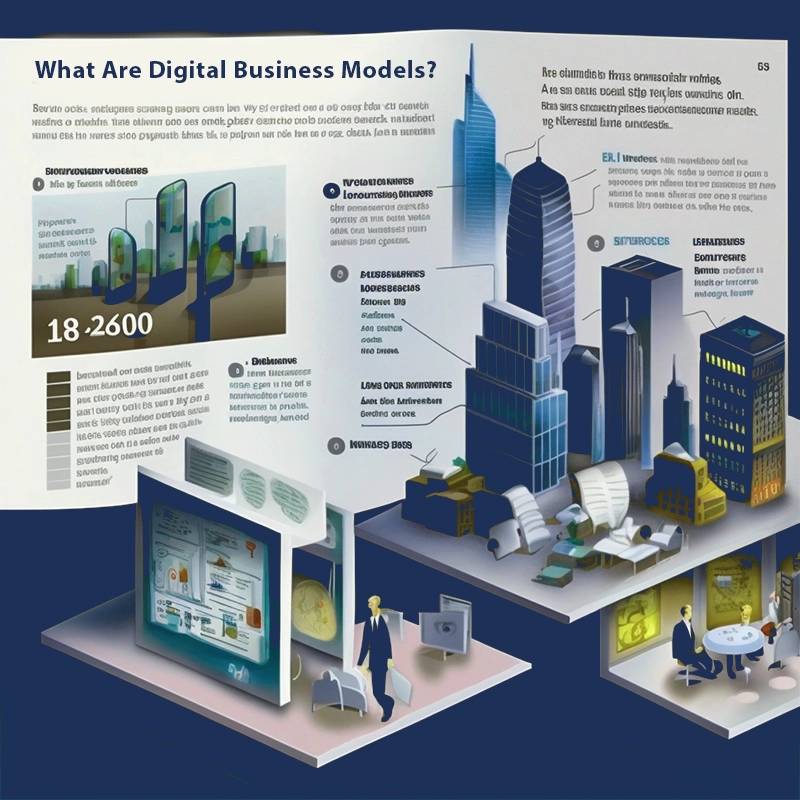Understanding Digital Business Models
In today's rapidly evolving business landscape, staying competitive and relevant requires more than just traditional approaches. The digital age has ushered in a new era of opportunities and challenges, prompting companies like itdt.dev to embrace digital business models. In this blog post, we will explore the concept of digital business models, their significance, and how they are transforming the way businesses operate.
Definition
Digital business models refer to innovative approaches that leverage digital technologies to create, deliver, and capture value. These models often entail rethinking traditional processes and incorporating digital elements.
Components
Core components of a digital business model include digitized products/services, data-driven decision-making, and a strong online presence.
Types of Digital Business Models
Benefits of Digital Business Models
Scalability
Digital models enable companies to scale operations quickly and efficiently, accommodating growth without significant infrastructure changes.
Cost Efficiency
Automation and digitization reduce operational costs, making it possible for companies to allocate resources more effectively.
Enhanced Customer Experience:
Digital models prioritize customer engagement and personalization, leading to improved user experiences and loyalty.
Implementing Digital Business Models
Data Utilization
Harnessing the power of data analytics is crucial for informed decision-making and understanding customer behavior.
Technology Integration
Investing in the right technology infrastructure is key to successfully executing a digital business model. Companies like itdt.dev must continuously innovate in this regard.
Agile Mindset
Embracing change and fostering an agile culture within the organization is essential to adapt to evolving market trends.
Challenges and Risks
Cybersecurity
Digital businesses are susceptible to cyber threats, necessitating robust security measures.
Data Privacy
Ensuring compliance with data protection regulations, such as GDPR, is vital to maintain trust with customers.
Technological Obsolescence
Rapid technological advancements mean digital businesses must constantly upgrade their systems to remain competitive.
Case Study - itdt.dev's Digital Transformation
- Overview: Explore how itdt.dev embraced digital business models to enhance its services, expand its customer base, and stay ahead in the IT industry.
- Strategies: Highlight the specific strategies and technologies itdt.dev employed during its digital transformation journey.
Conclusion
- The Future of Business: Conclude by emphasizing that digital business models are not just a trend but a necessity for companies like itdt.dev looking to thrive in the digital age.
- Continuous Innovation:Encourage businesses to continually innovate and adapt to remain competitive in an ever-evolving digital landscape.
In summary, digital business models are the lifeline of modern organizations like itdt.dev. Embracing these models is not only a strategic choice but a survival imperative in a world where digitalization has become the new norm. The journey towards a digital business model requires dedication, agility, and a keen focus on providing value to customers while leveraging the power of technology.










